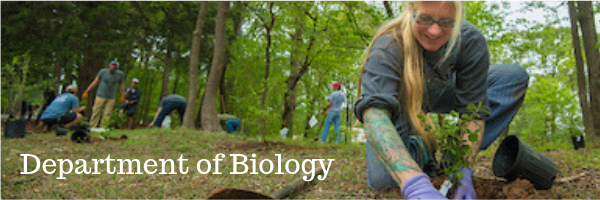
Faculty and Student Publications
Document Type
Article
Publication Date
2-1-2019
Abstract
© 2018, International Society for Microbial Ecology. Bacterial genomes evolve in complex ecosystems and are best understood in this natural context, but replicating such conditions in the lab is challenging. We used transposon sequencing to define the fitness consequences of gene disruption in the bacterium Caulobacter crescentus grown in natural freshwater, compared with axenic growth in common laboratory media. Gene disruptions in amino-acid and nucleotide sugar biosynthesis pathways and in metabolic substrate transport machinery impaired fitness in both lake water and defined minimal medium relative to complex peptone broth. Fitness in lake water was enhanced by insertions in genes required for flagellum biosynthesis and reduced by insertions in genes involved in biosynthesis of the holdfast surface adhesin. We further uncovered numerous hypothetical and uncharacterized genes for which disruption impaired fitness in lake water, defined minimal medium, or both. At the genome scale, the fitness profile of mutants cultivated in lake water was more similar to that in complex peptone broth than in defined minimal medium. Microfiltration of lake water did not significantly affect the terminal cell density or the fitness profile of the transposon mutant pool, suggesting that Caulobacter does not strongly interact with other microbes in this ecosystem on the measured timescale. Fitness of select mutants with defects in cell surface biosynthesis and environmental sensing were significantly more variable across days in lake water than in defined medium, presumably owing to day-to-day heterogeneity in the lake environment. This study reveals genetic interactions between Caulobacter and a natural freshwater environment, and provides a new avenue to study gene function in complex ecosystems.
Relational Format
journal article
Recommended Citation
Hentchel, K. L., Reyes Ruiz, L. M., Curtis, P. D., Fiebig, A., Coleman, M. L., & Crosson, S. (2019). Genome-scale fitness profile of Caulobacter crescentus grown in natural freshwater. The ISME Journal, 13(2), 523–536. https://doi.org/10.1038/s41396-018-0295-6
DOI
10.1038/s41396-018-0295-6
Accessibility Status
Searchable text

